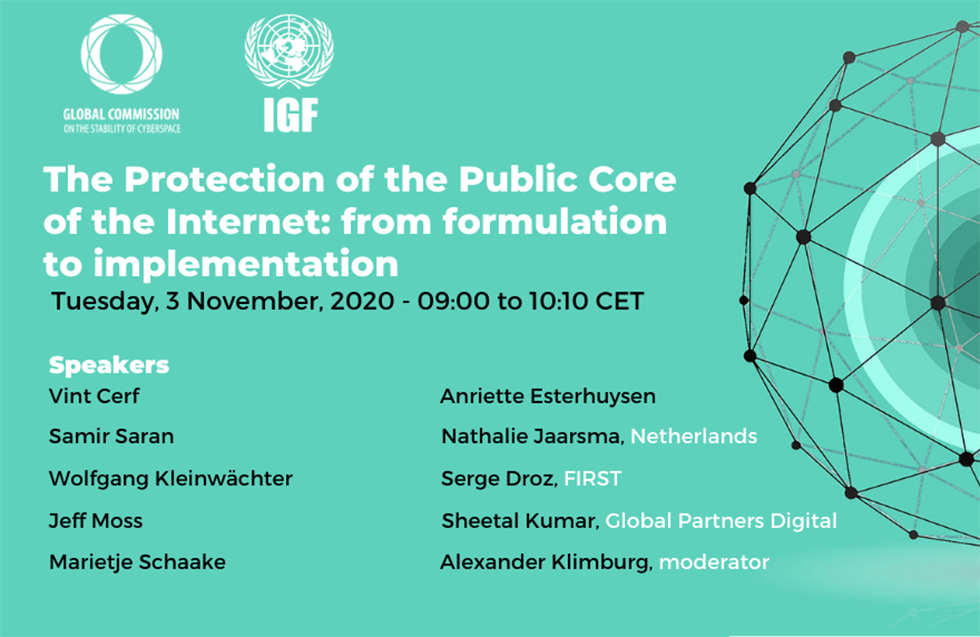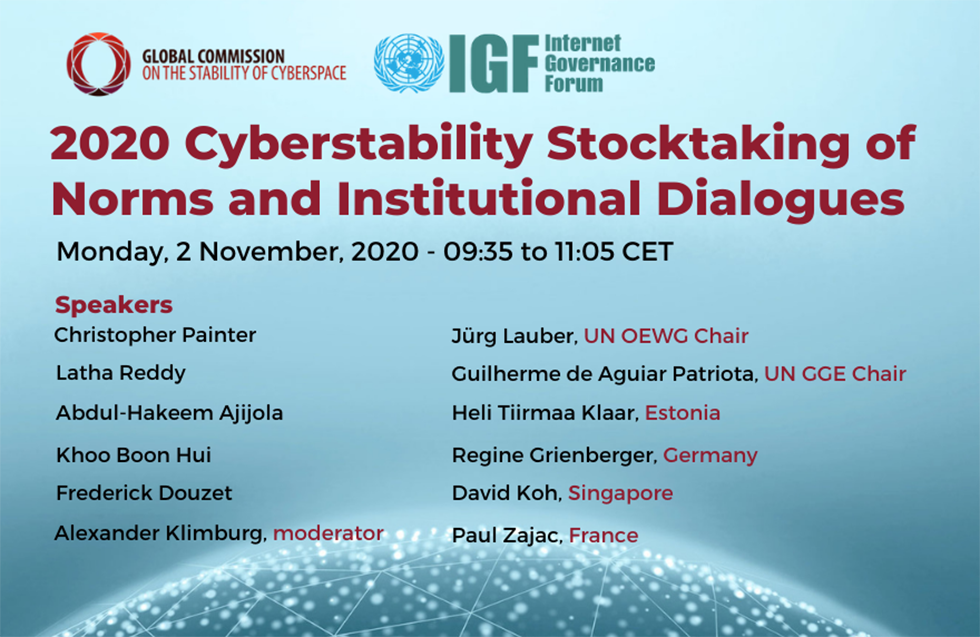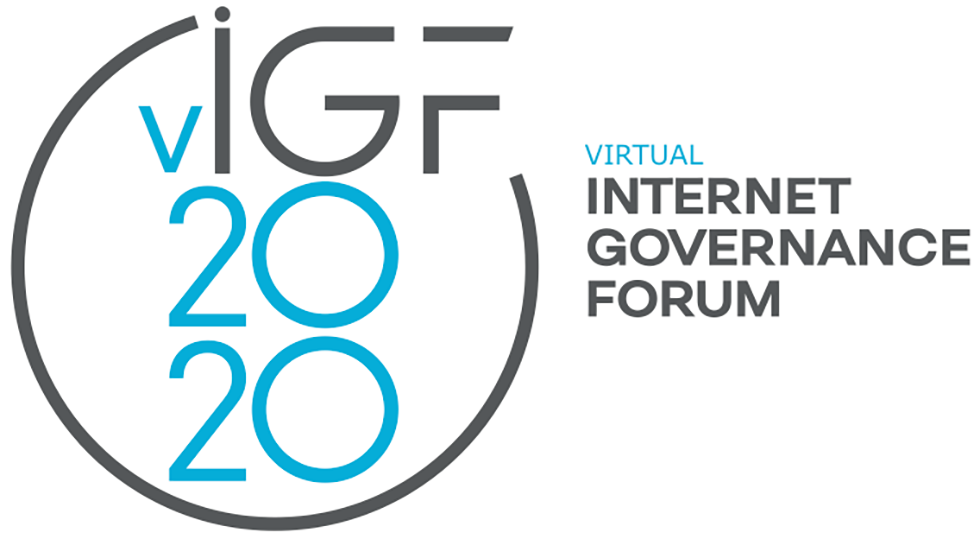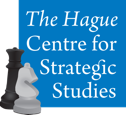Tbilisi, Georgia, June 7, 2018 — In a world where open and covert conflicts among states increasingly rely on digital tools, guidelines for “good behaviour” for state and non-state actors in cyberspace are more than needed. This message was one of the outcomes of the 11th European Internet Governance Forum (EURODIG) which took place in Tbilisi, Georgia, in early June 2018. The meeting brought together more than 800 participants from over 50 countries.
In his opening speech, the Vice Prime Minister of Georgia, Dimitry Kumsishvili, underlined the need to recognize international law, as laid down in the UN Charter, as a basis for all cross-border online activities. This was echoed by EU Commissioner Mariya Gabriel, who stated that “trust is a precondition to unlock the full potential of the Internet.” She called EURODIG “the most successful and most relevant regional initiative on Internet governance.”
EURDIG offered a unique opportunity to present the work of the Global Commission on the Stability of Cyberspace (GCSC). GCSC Commissioner Wolfgang Kleinwächter briefed EURODIG participants on the work and progress of the Commission in recent months, including the two norms on protecting the public core of the Internet and the electoral infrastructure. He also informed about the ongoing discussions on other norms, including how to deal with vulnerabilities in hard- and software and how to promote a holistic approach in global Internet negotiations. EURODIG participants asked questions how the broader public can participate in GCSC discussion and how the proposed norms can be translated into concrete commitments for state and non-state actors.
Commissioner Kleinwaechter mentioned as one example that the European Parliament has recently referred to the work of the Commission in a resolution and has endorsed the GCSC proposal that state and non-state actors should not conduct, or knowingly allow, activity that intentionally and substantially damages the general availability or integrity of the public core of the internet, and therefore the stability of cyberspace.
EURODIG participants supported the idea of a holistic approach to global Internet-related negotiations and offered the framework of the UN-based Internet Governance Forum (IGF) with its regional and national subsidiaries as a useful platform to push such a discussion ahead. The next UN sponsored IGF will take place in November 2018 in Paris and the 12th EURODIG is scheduled for June 2019 in The Hague. The 14th IGF will take place in Berlin in November 2019.
For a deeper analysis of the event and issues, please read Wolfgang Kleinwaechter’s article EURODIG Tbilisi 2018: Positioning in the New Complexity of the Global Internet Governance Ecosystem. For more information about EURODIG and the GCSC event, please visit the EURODIG Wiki.

